The 2025 regular session of the Nevada Legislature adjourned just after midnight on June 3, following four months of lawmaking shaped by intense policy debates, budget negotiations, and a narrow Democratic majority. With Democrats one seat short of a two-thirds supermajority, the session required frequent cooperation across party lines—though sharp divisions remained on several major issues.
Permanent Standard Time Proposal Fails to Advance
Assembly Bill 81, commonly known as the "Lock the Clock" proposal, sought to exempt Nevada from observing daylight saving time, instead keeping the state on permanent standard time. The bill cleared the Assembly with bipartisan support but did not receive a hearing in the Senate and missed a key committee deadline. Without further movement before adjournment, the measure effectively died for the session.
Status Uncertain on Farm Labor Protections
Senate Bill 172 proposed a formal set of workplace rights for Nevada's agricultural labor force, including rules on rest breaks, housing conditions, and the right to organize. The measure passed the Senate in late May and was amended in the Assembly shortly before the close of session. As of June 2, the bill was sent for reprinting, but no confirmation was available indicating a final Assembly vote. The bill passed the Assembly on May 26 and, on June 1, was read for a third time and amended. Unless the matter passes the Senate before the close of the session on 12:32 a.m. June 3, the bill will not be enacted.
Funding Boosts for Charter Educators
Lawmakers approved Assembly Bill 398, which directs tens of millions in new funding to the State Public Charter School Authority over the next two fiscal years. The legislation is designed to increase compensation for charter school teachers and support staff while also offering $5,000 incentives for hard-to-fill positions, such as special education and Title I schools with high vacancy rates. The bill received bipartisan support and cleared both chambers.
Firearms Restrictions for Young Adults Await Action
Assembly Bill 245 restricts the sale and possession of certain semiautomatic firearms for individuals under the age of 21. The legislation passed both the Assembly and Senate and was delivered to the governor on May 27 but has not yet been signed into law. The governor has expressed concern over similar proposals in the past, and it remains to be seen whether he will approve, veto, or let the bill become law without signature.
Primary Election Access Could Expand
A pair of election-related bills are also awaiting executive review. Assembly Bill 597 would allow nonpartisan voters—Nevada's largest voting bloc—to choose a party ballot in primary elections. The measure received final passage on June 2. Meanwhile, Assembly Bill 562 allocates funds to improve the state's election infrastructure, including voter registration systems and data connectivity among state agencies. The bill passed both houses overwhelmingly, with only a single opposing vote cast in the Assembly.
Once the Legislature adjourns, the governor has a limited window to act on the remaining bills. Measures delivered before adjournment must be signed or vetoed within five days, excluding Sundays. Bills received afterward have a ten-day deadline. If no action is taken within the applicable period, legislation becomes law without the governor's signature.
The 2025 session reflected a mix of bipartisan accomplishments and unresolved debates, particularly on labor, education, firearms access, and election participation. With several high-profile bills still in limbo, attention now turns to the governor's office as final decisions are made in the days ahead.


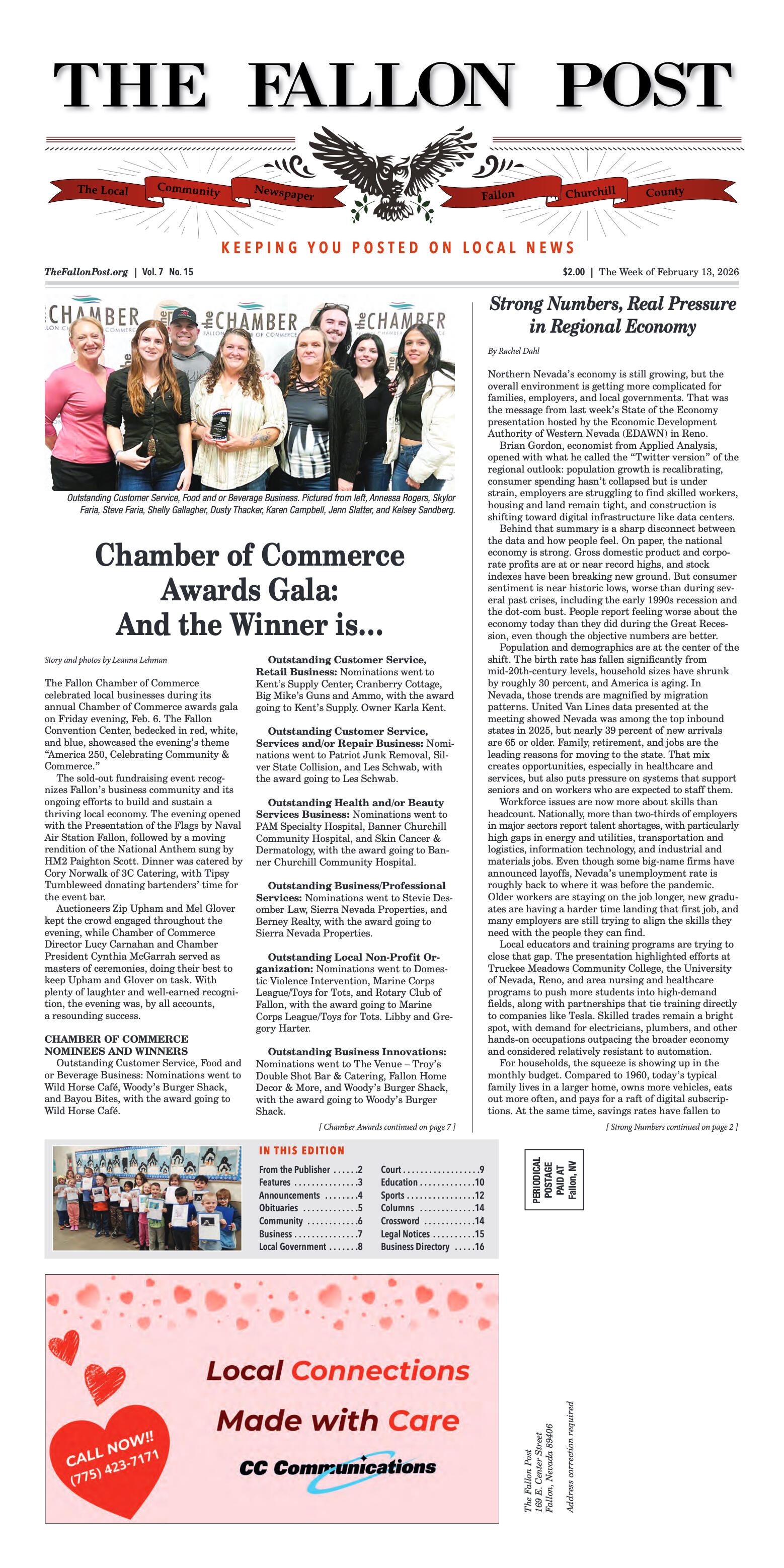
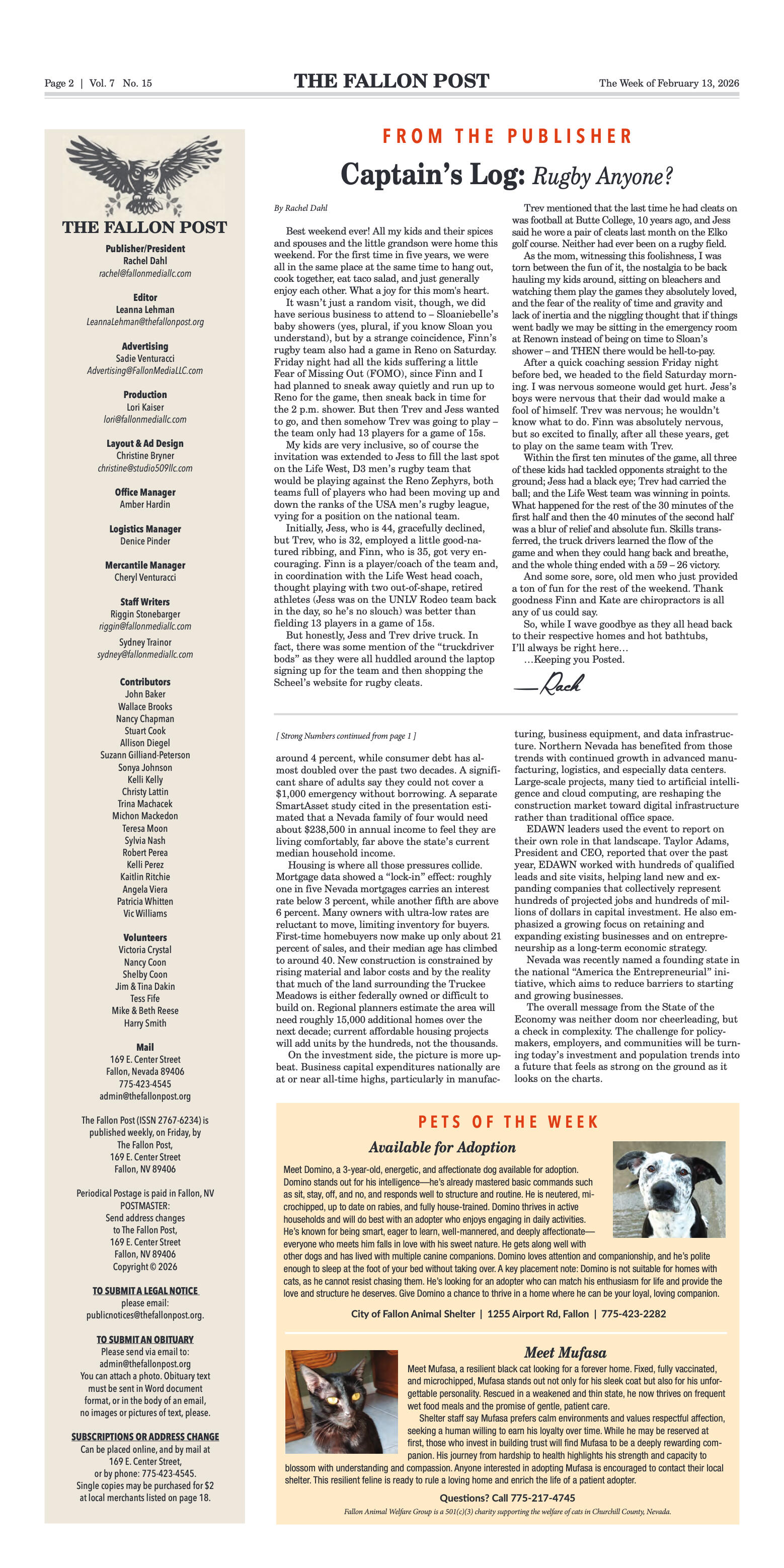
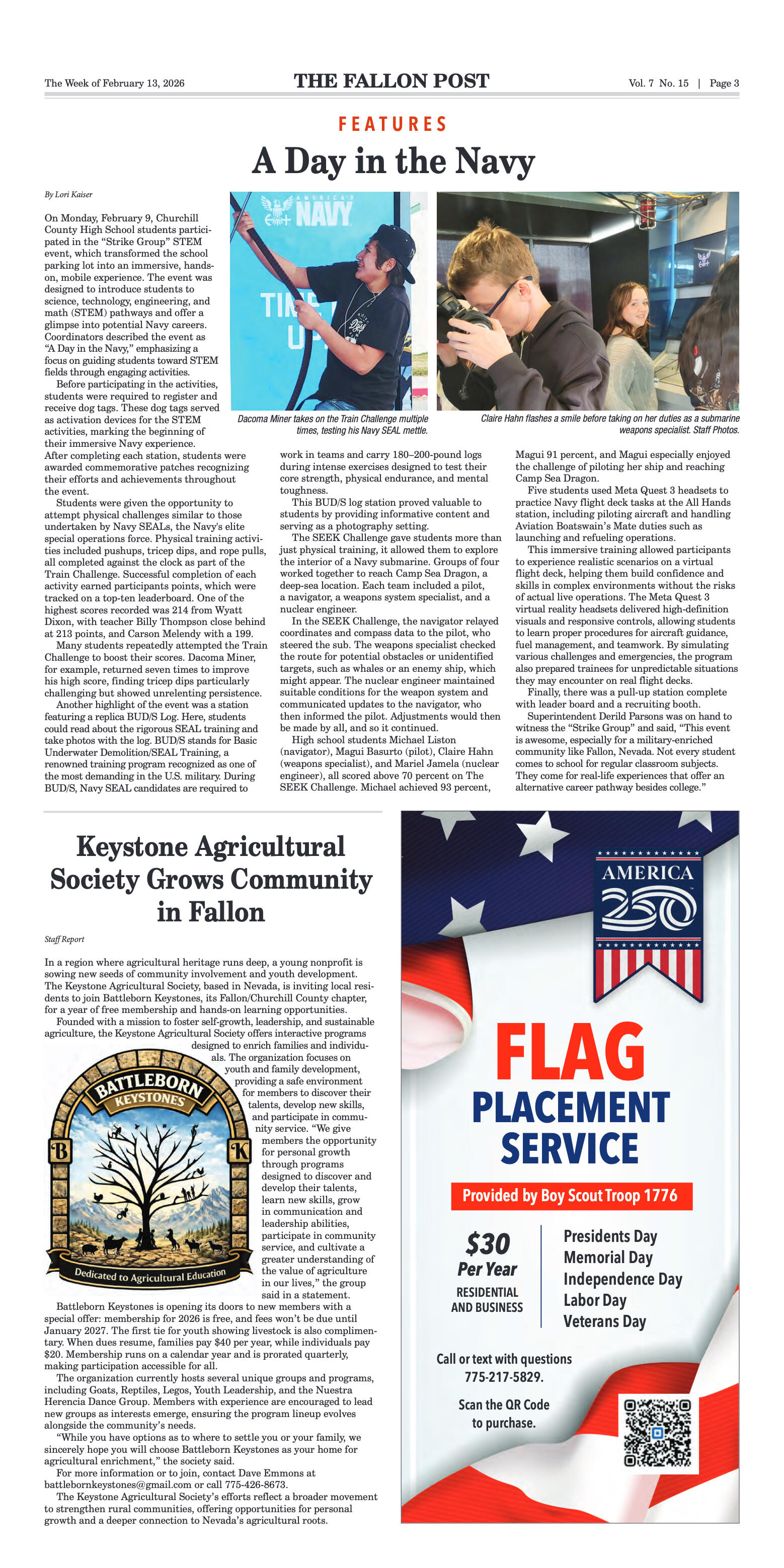
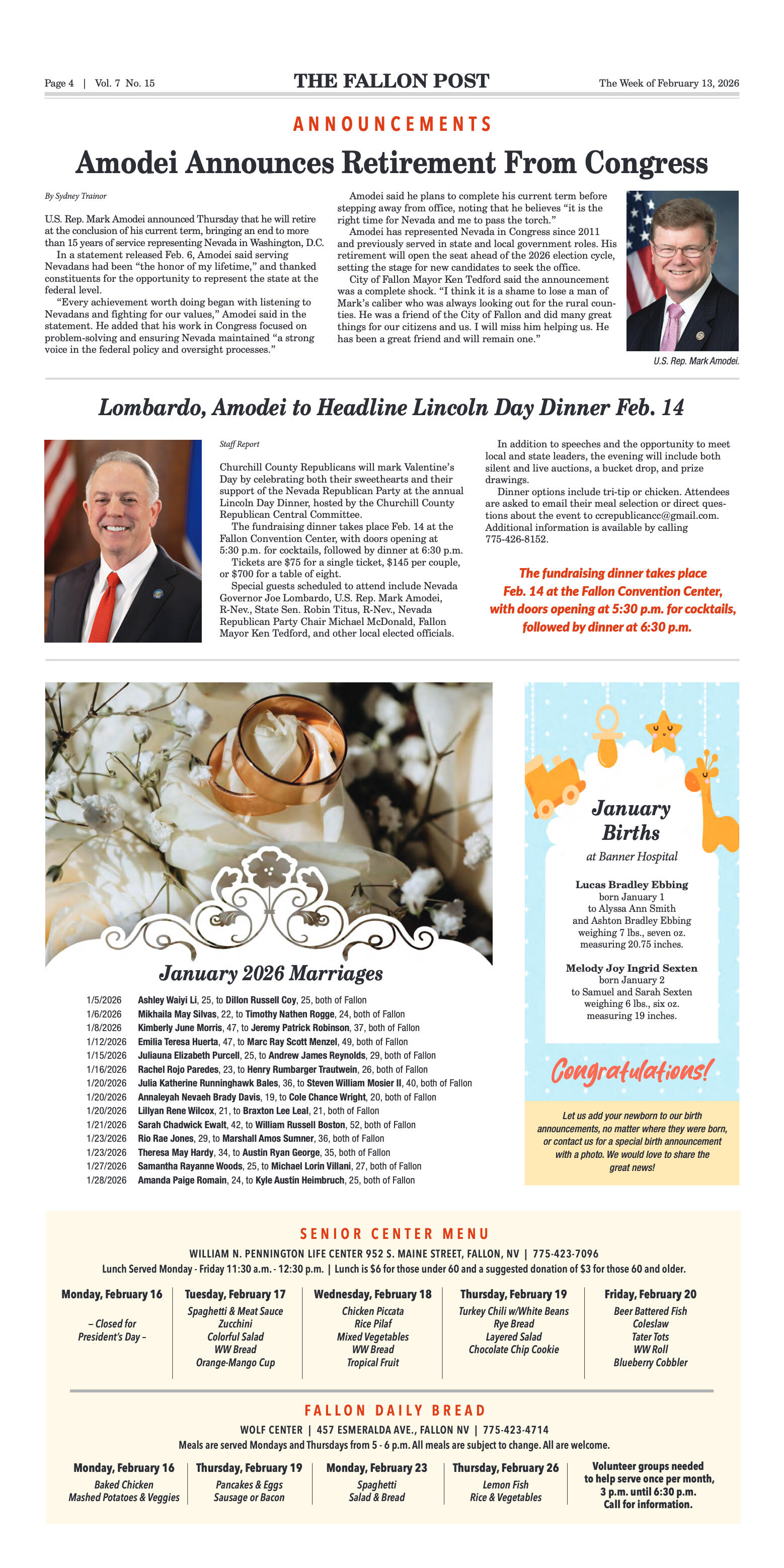
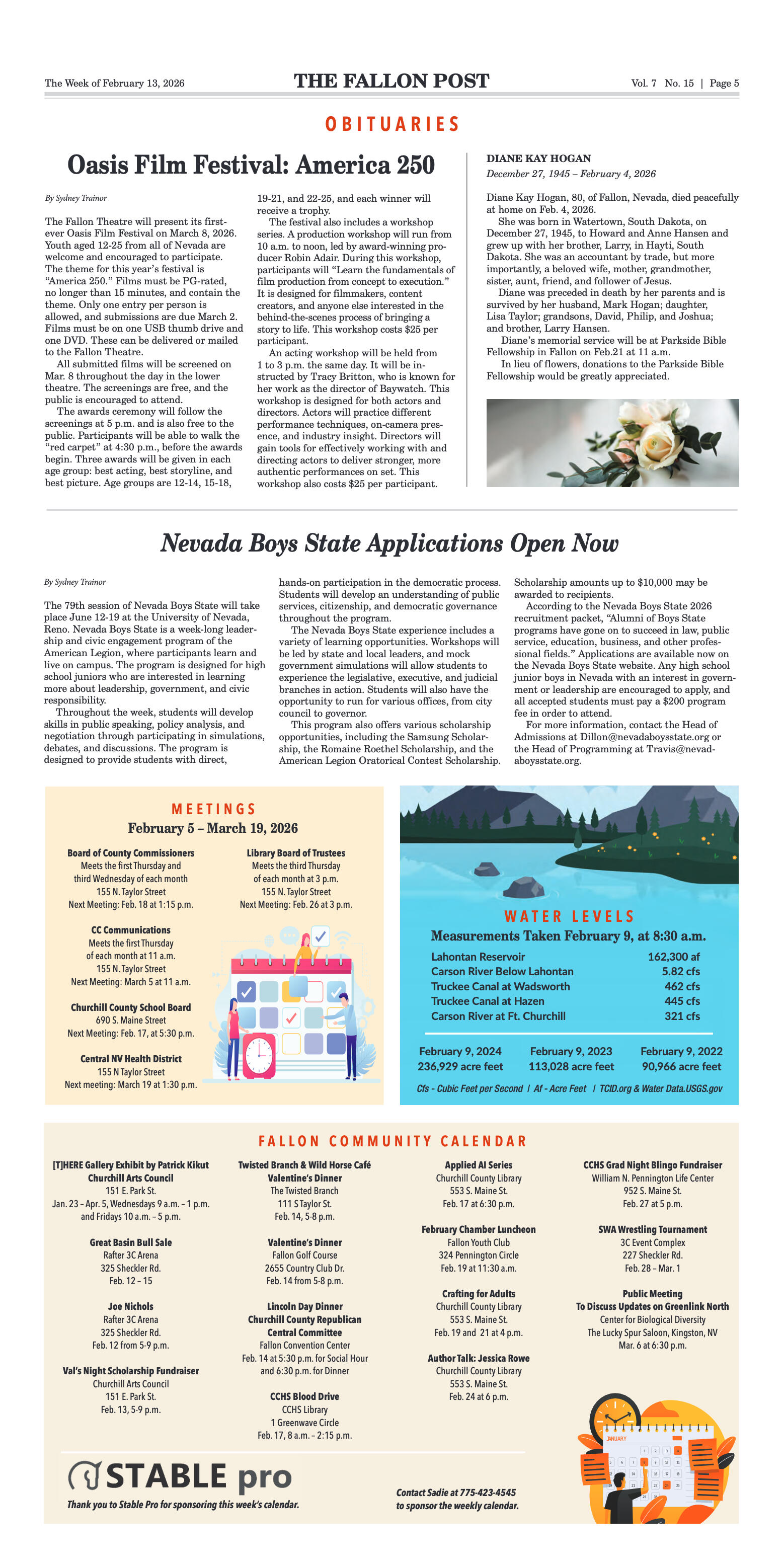
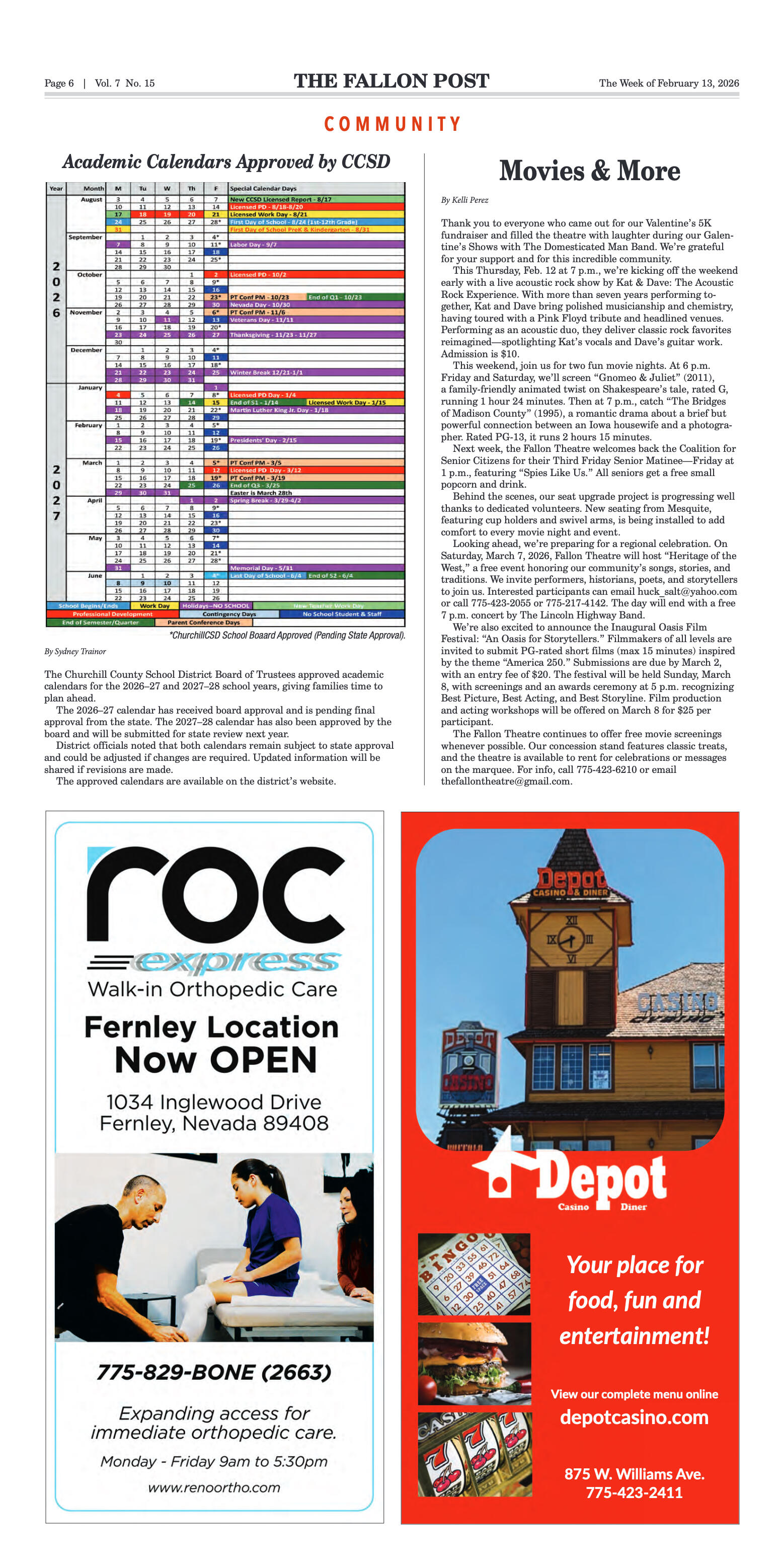
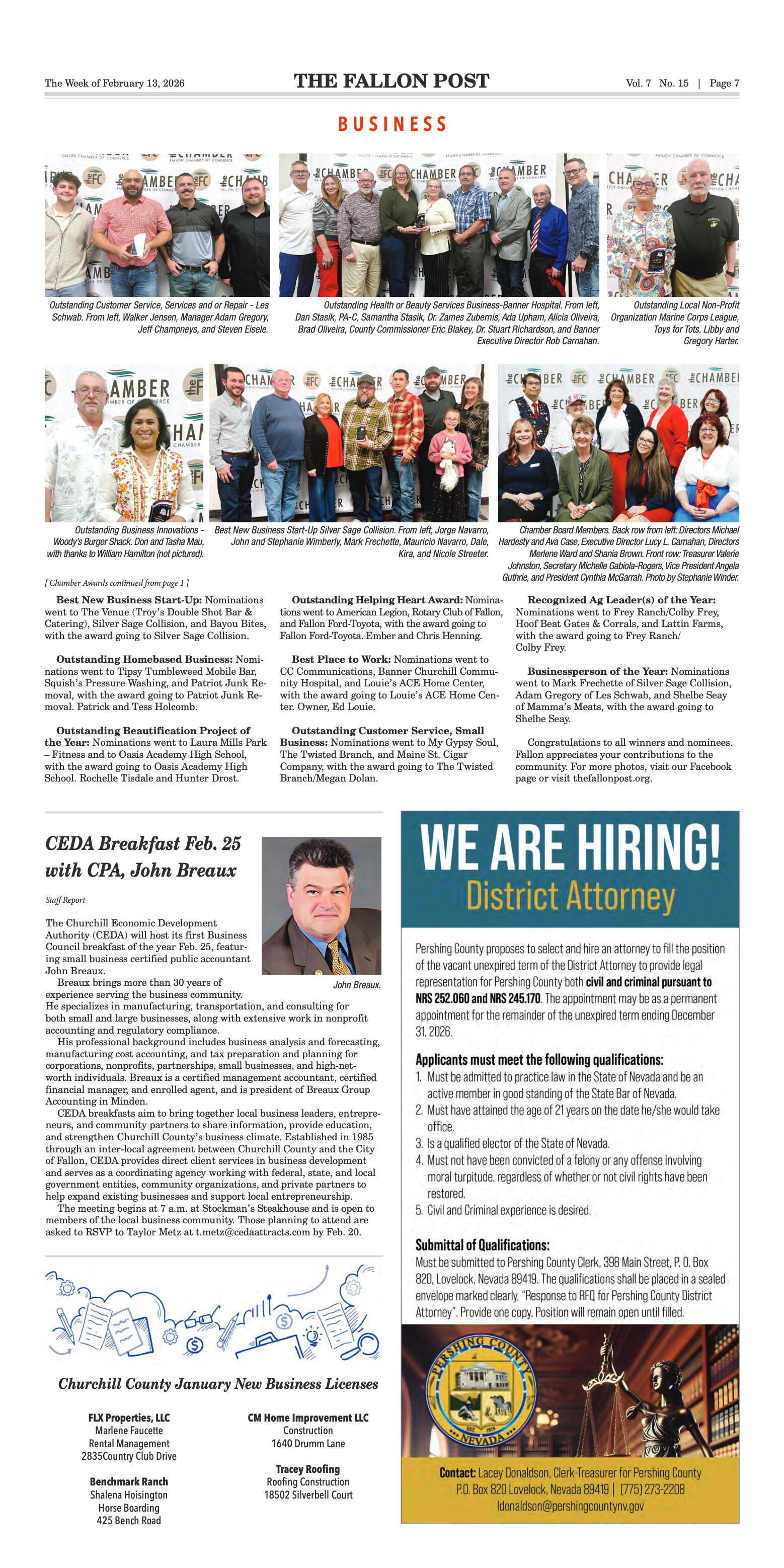
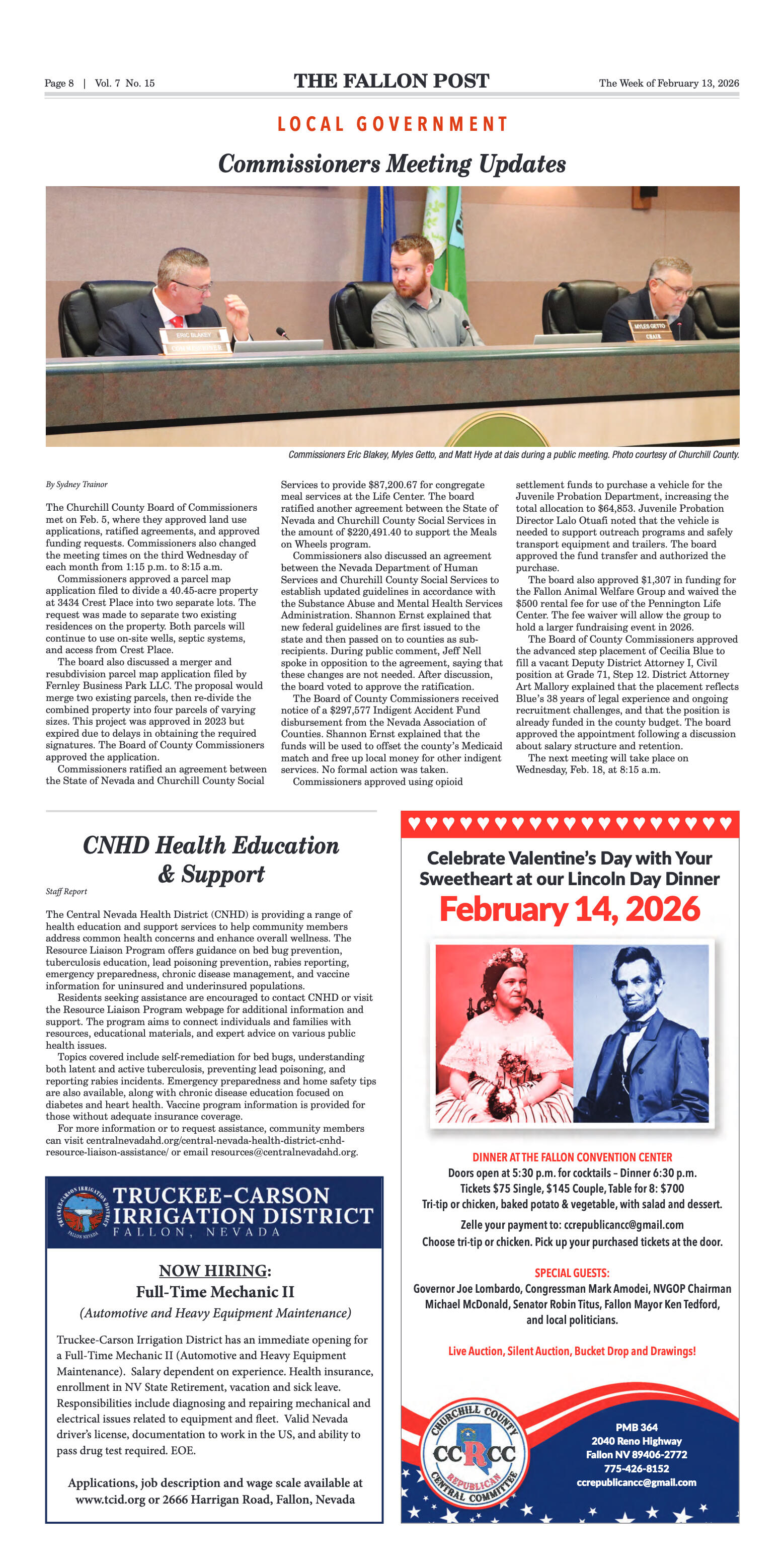
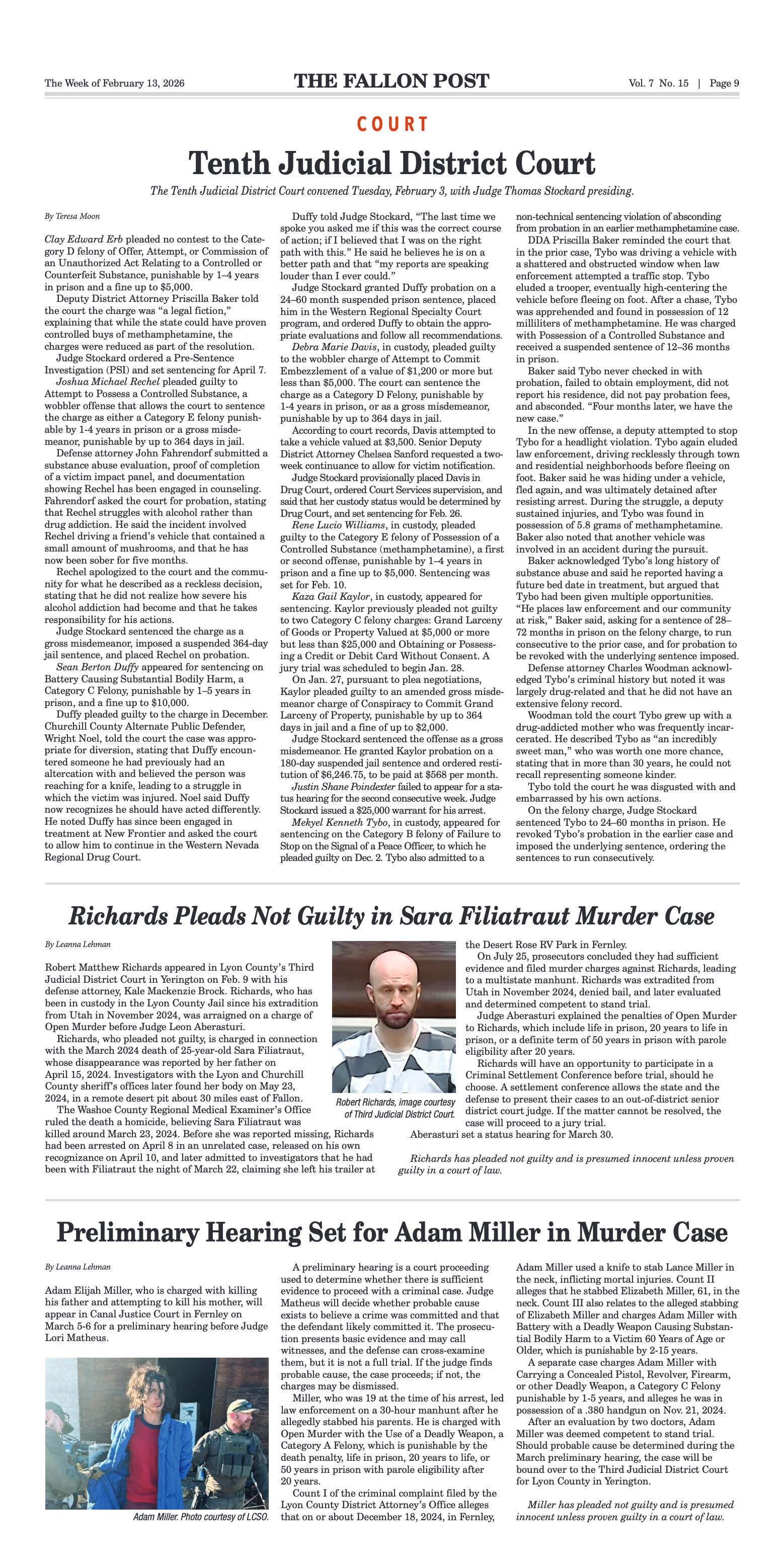
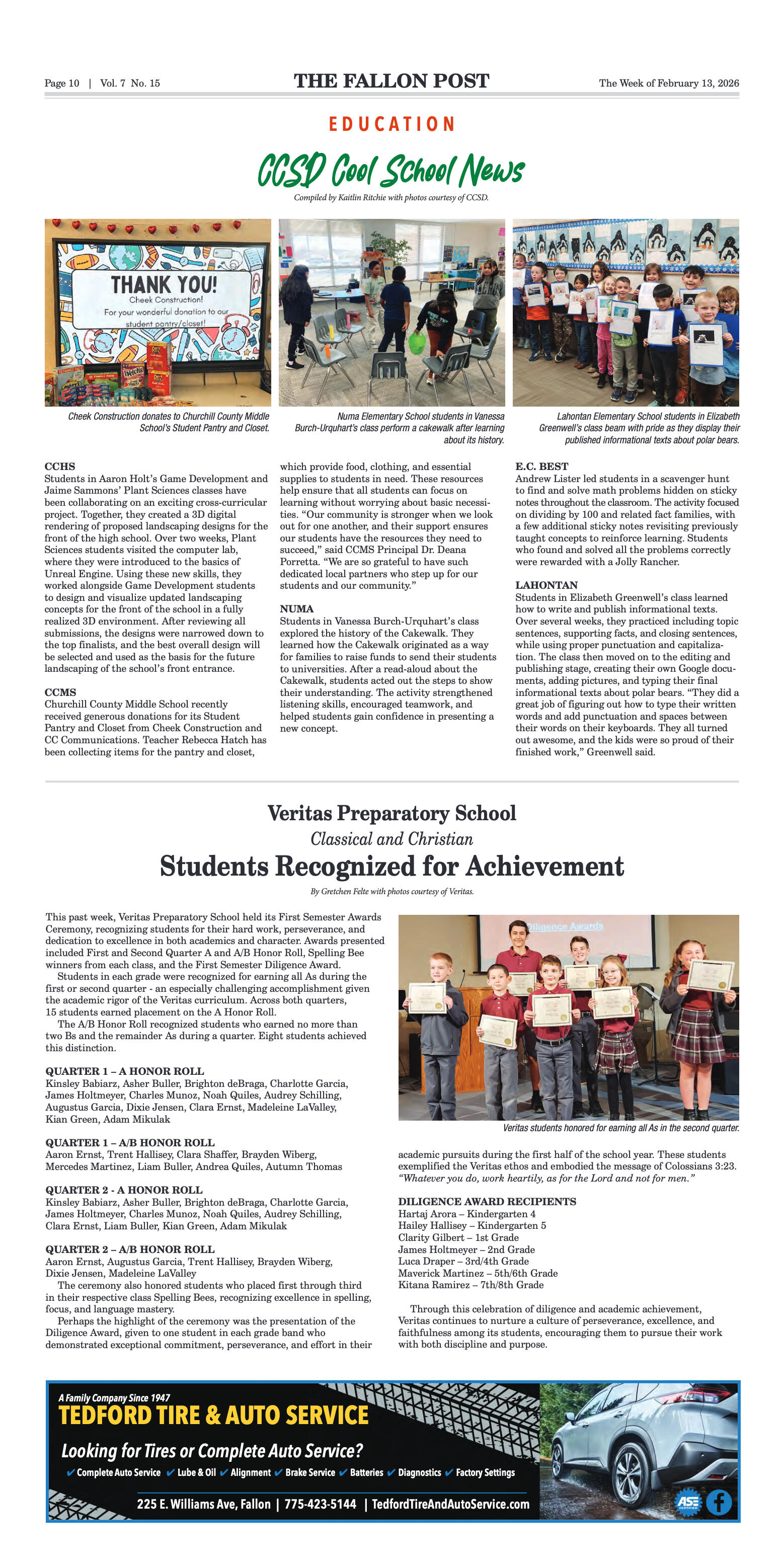
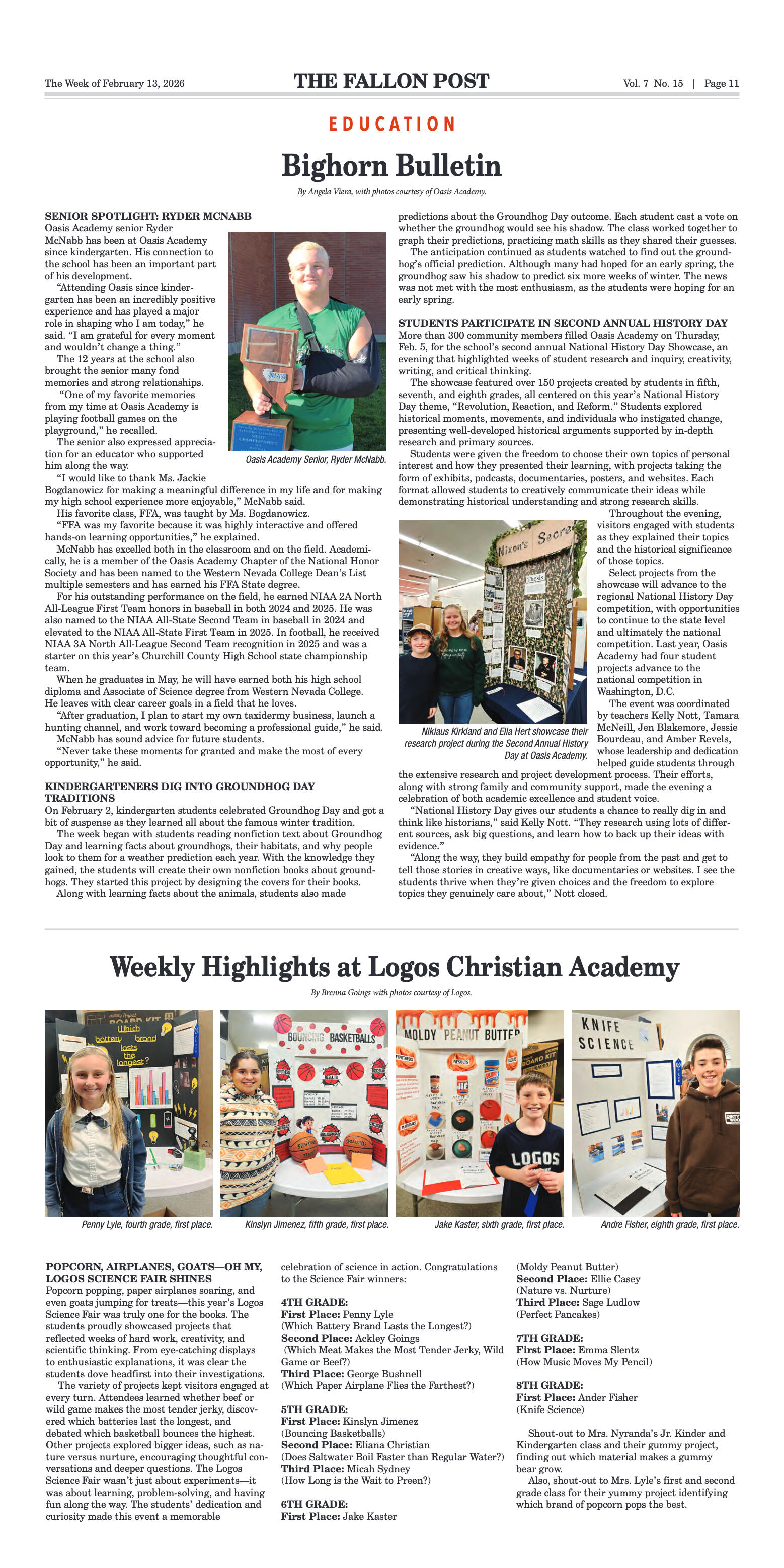
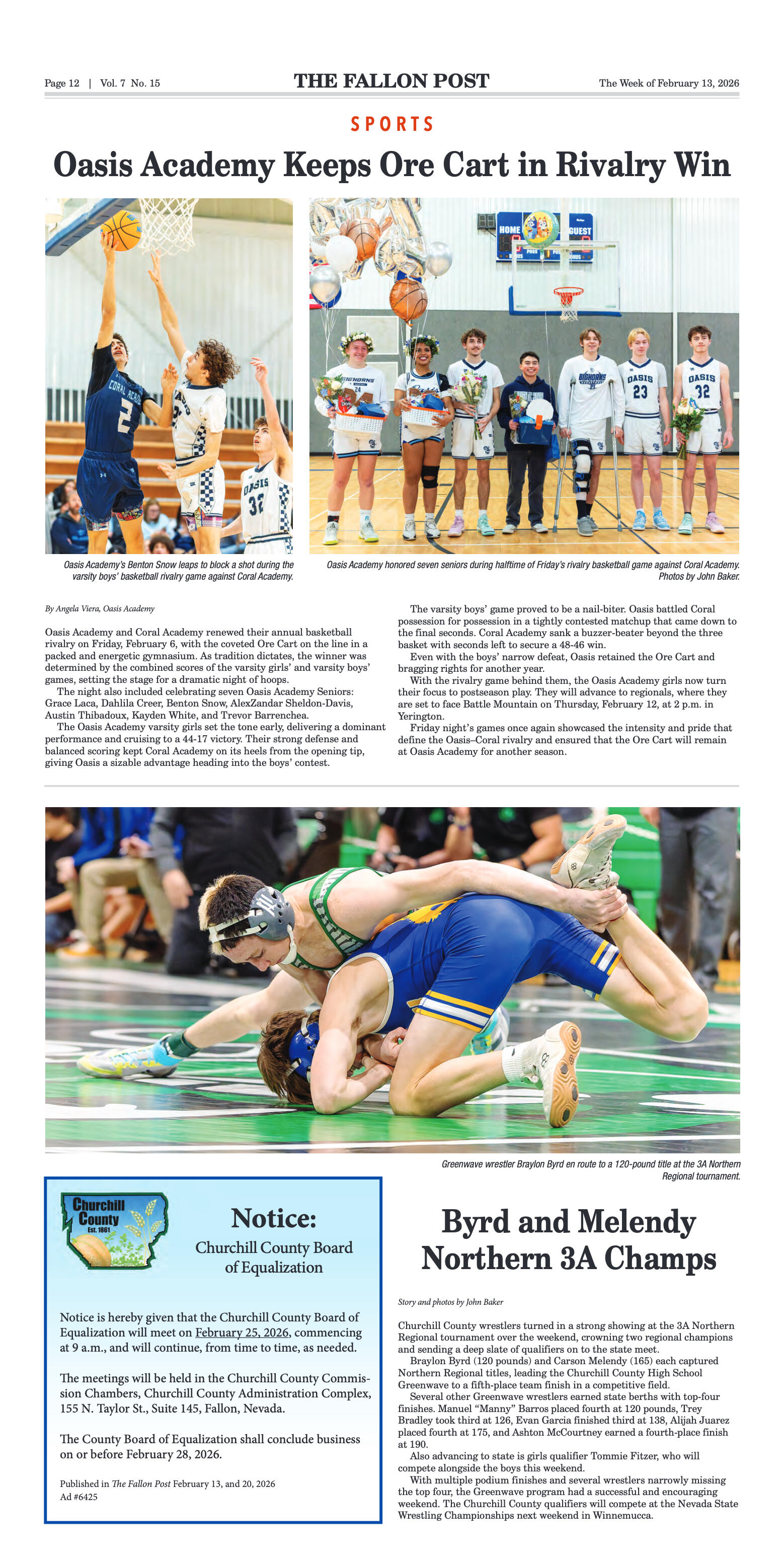

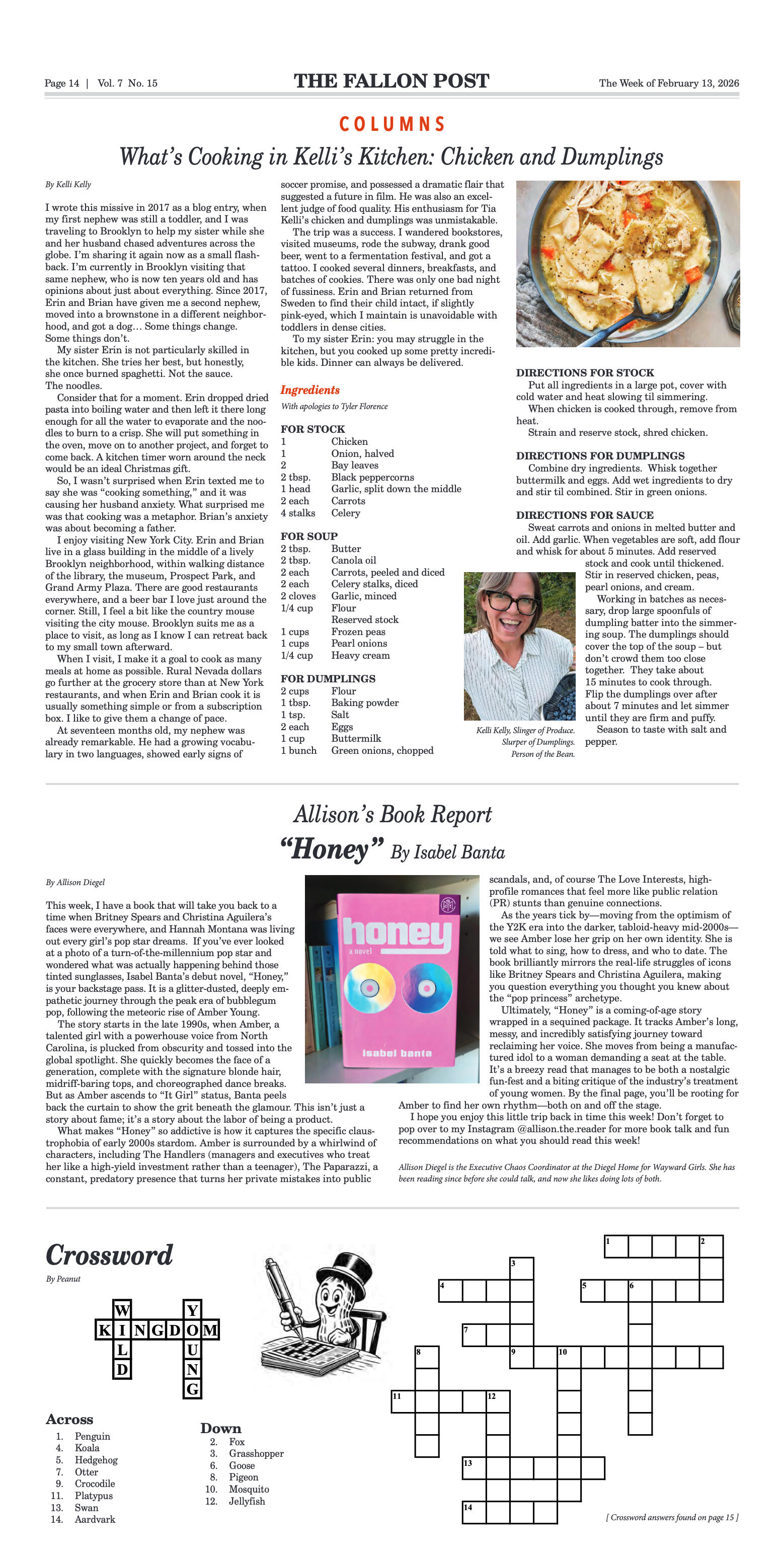
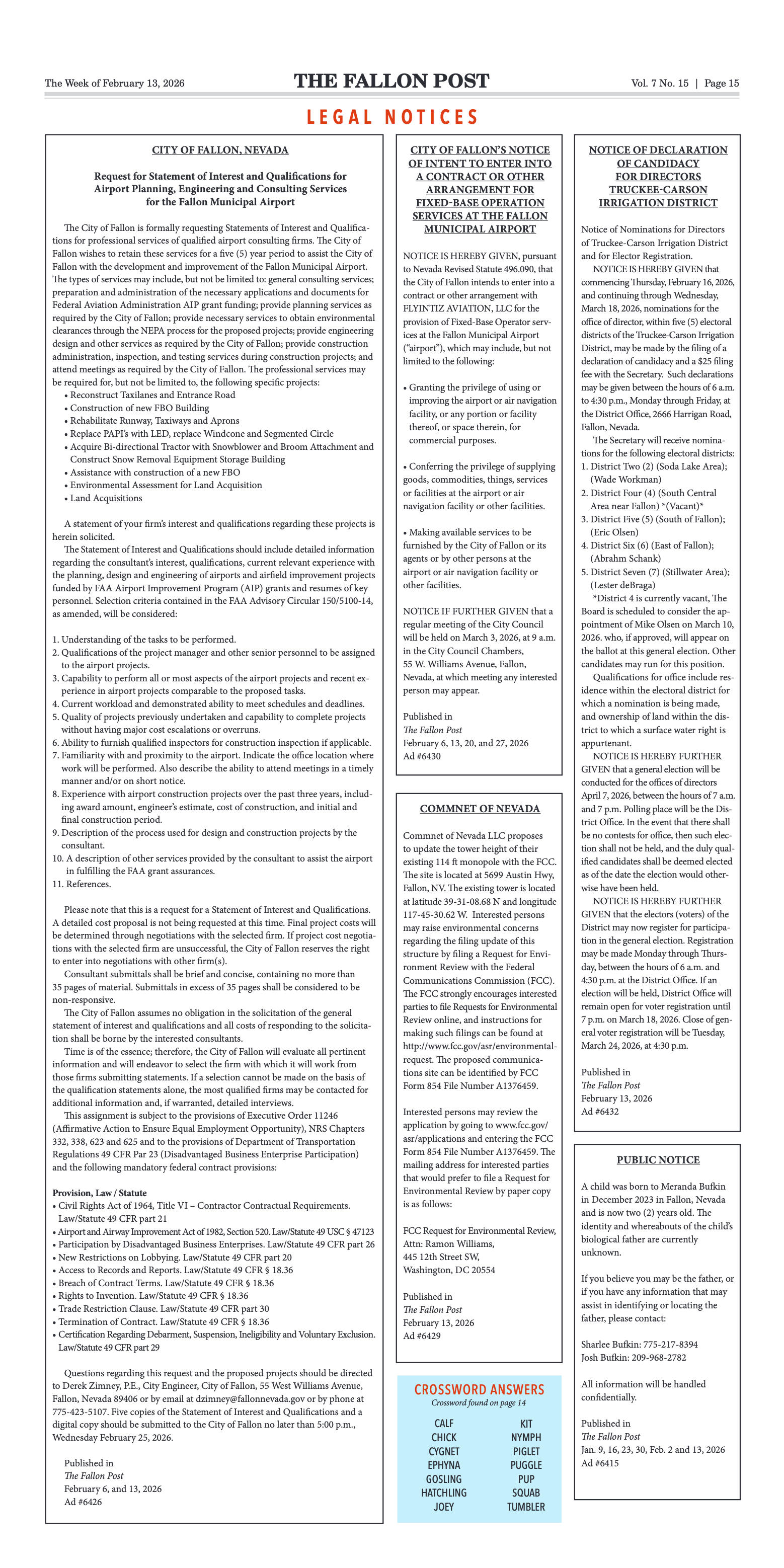






















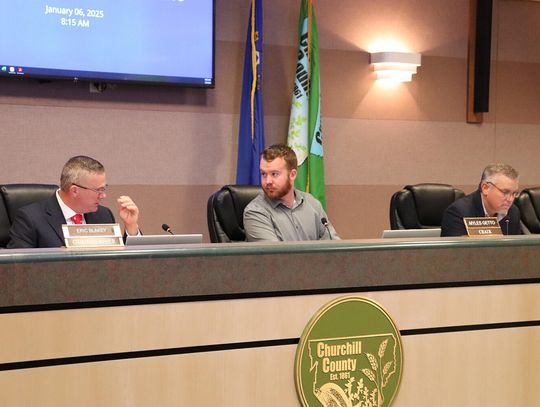




Comment
Comments